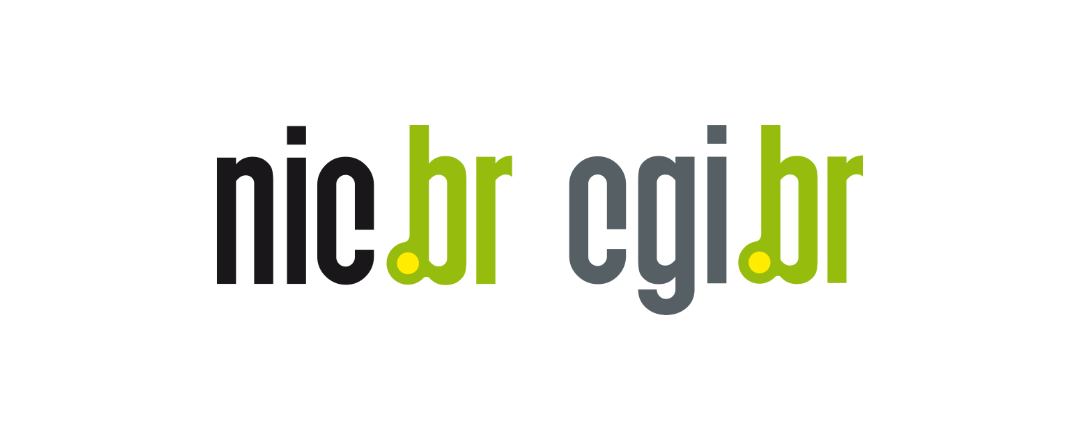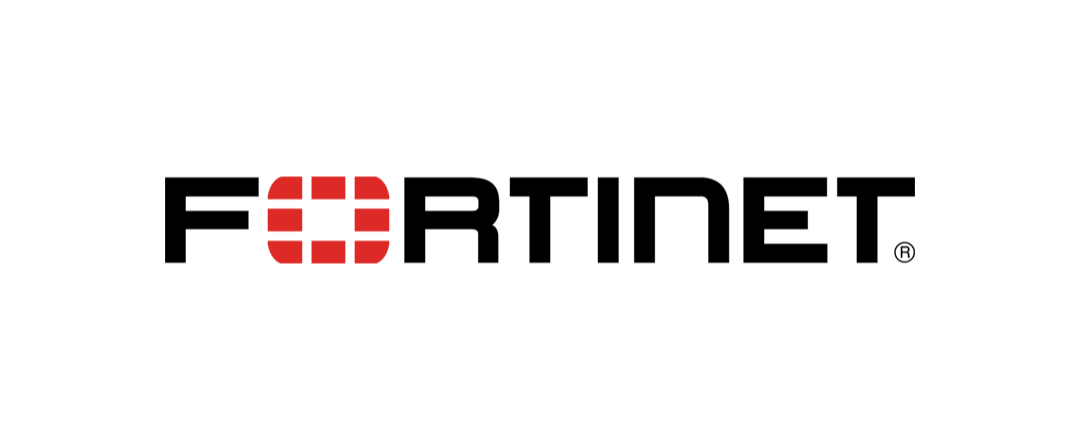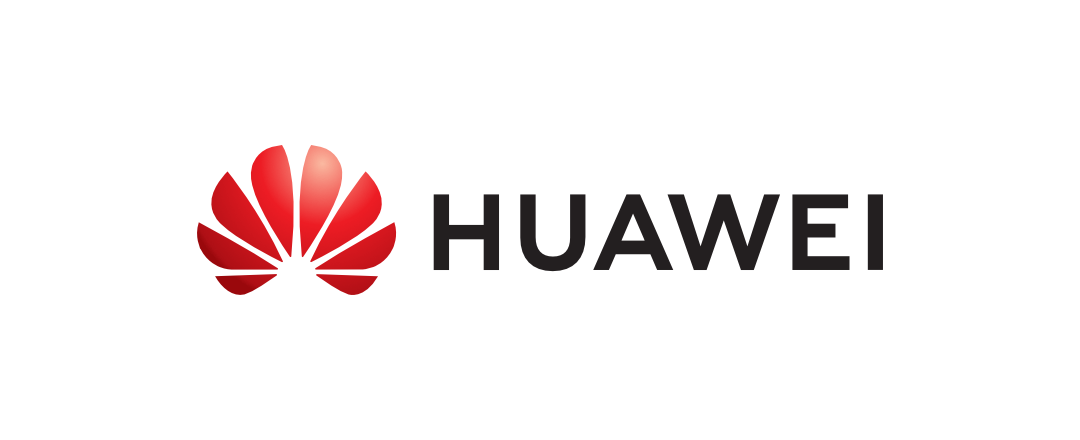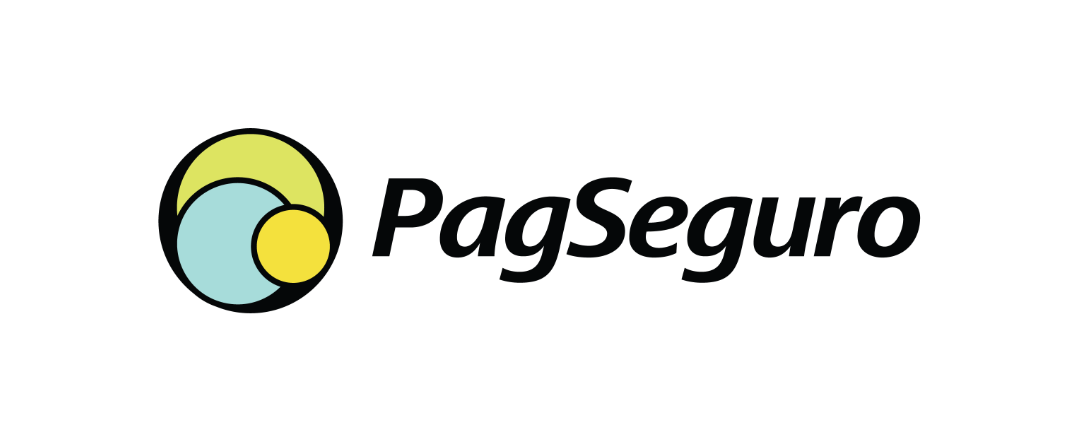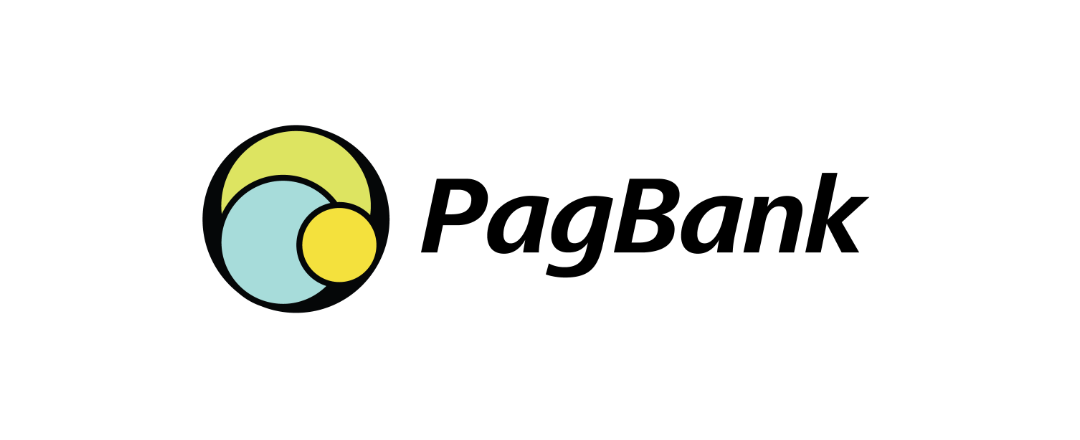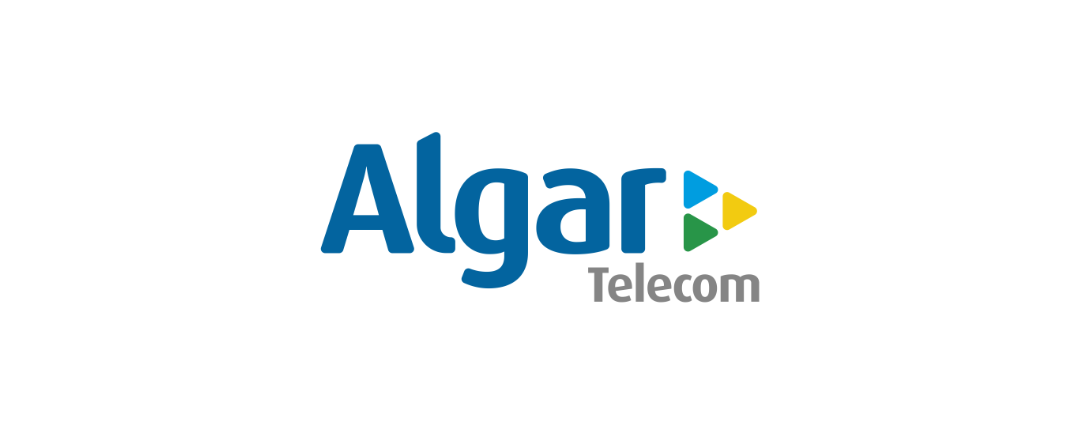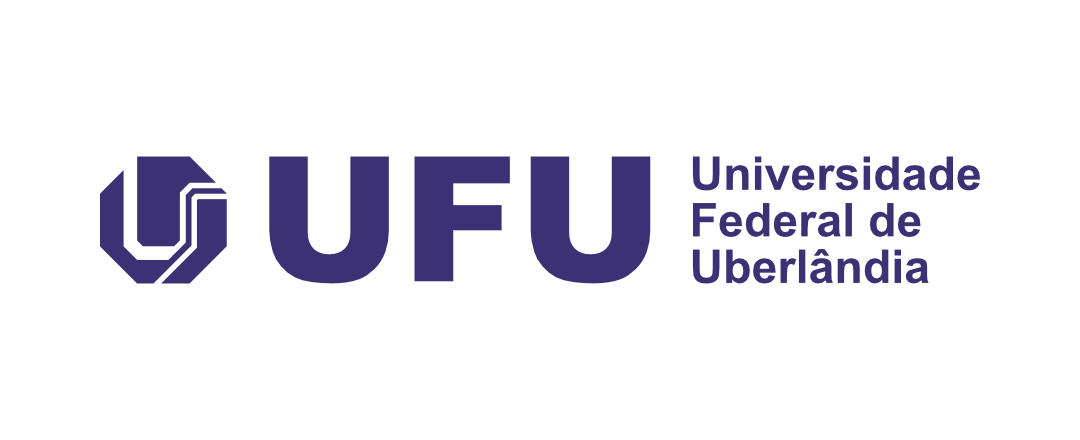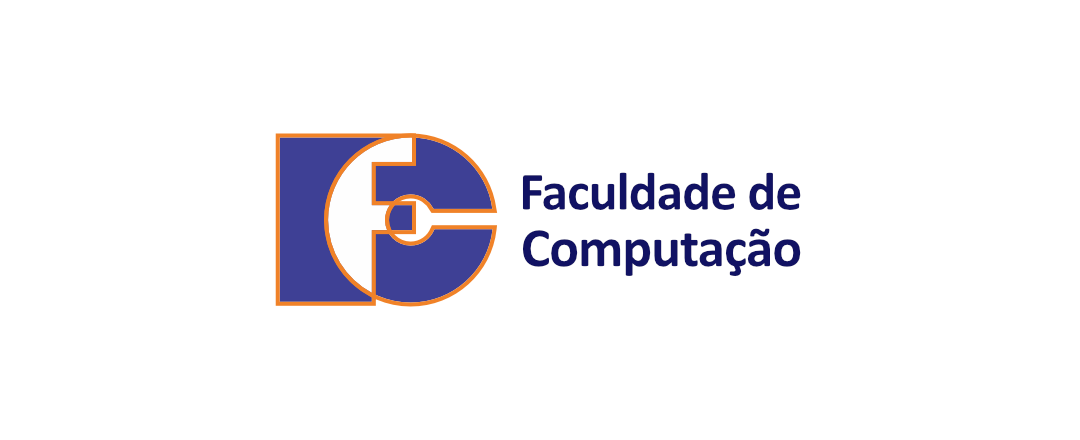W6G
Important Dates
Paper Submission: 07/08/2021
Notification of Acceptance: 07/28/2021
Camera Ready Version: 08/02/2021
Presentation
The fifth generation of the mobile communication system (5G) is being deployed worldwide and will significantly impact the economy by 2035. Leveraged by disruptive technology enablers widely exploited by the scientific community and industry such as cloud computing, programmability, virtualization, and network slicing. The 5G architecture enables vertical scenarios such as eMBB, URLLC, and mMTC promoting connectivity for Telemedicine applications, Autonomous Vehicles, Internet of Things, Smart Cities, Smart Homes, Smart Industry 4.0/5.0, Agriculture 4.0/5.0, and several others. In this implementation process, the fifth-generation mobile communication system (5G) has exposed limitations, mainly to deal with dynamic and specialized requirements for services in the context of integrated environments.
In the virtualization, programmability, and artificial intelligence era, new applications such as connected robots, completely autonomous vehicles, industrial internet, holographic verticals, and society, and others impose requirements that translate as imminent challenges to be addressed and research opportunities. In this sense, the sixth generation (6G) mobile communication system is expected to improve the network's capabilities in offering strict and heterogeneous requirements for applications. It is glimpsed complete and intelligent management assisted by Artificial Intelligence (AI) in several levels of the structural block of the 6G architecture and a profound change in paradigms such as global coverage, green networks, and significant improvements in security and privacy. Especially in dynamic topology scenarios given the integration of connectivity environments that offer connectivity anytime and anywhere.
The 6G Network Workshop (W6G) encourages high-quality papers containing theoretical, practical, experimental approaches or state-of-the-art advances. Also, papers addressing application scenarios or technological enablers and developments that will potentially impact the structural block of the sixth generation (6G) mobile networks. The topics of interest aim to integrate research initiatives from industry and academia looking for artifacts to discuss challenges and opportunities.
Topics of Interest
Topics of interest include a wide range of topics. The following list describes some examples, which are not exhaustive:
- Applications and Networks involving Cloud, Fog, and Edge Computing
- Network Function Virtualization (NFV)
- Artificial Intelligence (AI) application for 6G
- Novel signal processing techniques for 6G
- Smart Antenna schemes for 6G
- 6G Testbeds
- 6G communications at the Terahertz band
- Technologies for Tbps transmission
- Advanced Full-Duplex strategies for 6G
- Meta-surfaces implementation at 6G
- New Quality of Service (QoS) metrics for 6G
- Multiple Access schemes suitable to 6G
- Dynamic spectrum access/sharing at 6G band
- New network architectures in 6G
- Self-organizing 6G-enabled IoT
- Self-sustaining 6G-enabled Networks
- Interference management at 6G
- New security concepts within 6G
- Spectrum regulatory for 6G bands
- 6G Testbeds and Applications
- 3D imaging and sensing with localization
- New transceiver architectures and computing paradigms
- New component technologies and materials
- Telepresence and mixed reality
- ML/AI for autonomous systems optimization
- Massive 6G IoT.
- New security paradigms.
- Novel network architectures.
- Connectivity for remote areas
- 6G Spectrum
- Blockchain technology in mobile networks
- Quantum Communication
Paper Submission
The paper submission will be exclusively electronic through the JEMS system. The papers can be written in Portuguese or English, exclusively in PDF format. The text must contain up to six (6) pages, including the abstract, figures, diagrams, references, and attachments. The format should follow the SBC template. The W6G committee will evaluate articles submitted to the W6G. The best papers will choose for presentation and publication in the event proceedings, available on the SBC SOL platform. There will be the best paper award in the W6G. At least one of the authors of each selected paper must register for SBRC2021 and W6G and present them at the event.
Submission - JEMS – https://jems.sbc.org.br/home.cgi?c=3872
Coordinators
Antonio Carlos de Oliveira Júnior (antoniojr@ufg.br), Universidade Federal de Goiás (UFG) e Fraunhofer Portugal AICOS
Rodrigo Moreira (rodrigo@ufv.br), Universidade Federal de Uberlândia (UFU) e Universidade Federal de Viçosa (UFV)
Luciano Leonel Mendes (luciano@inatel.br), Instituto Nacional de Telecomunicações (INATEL)
